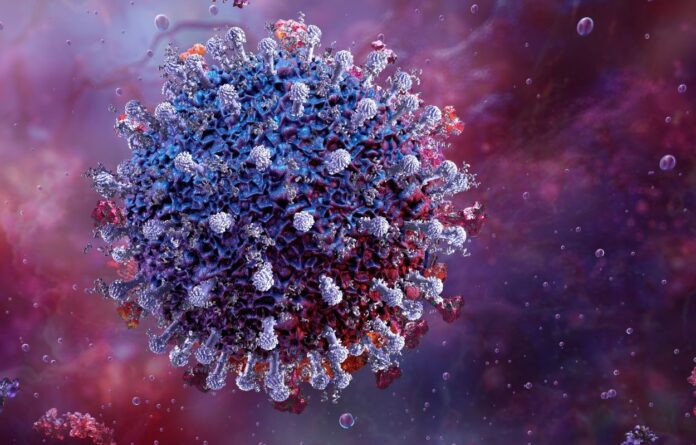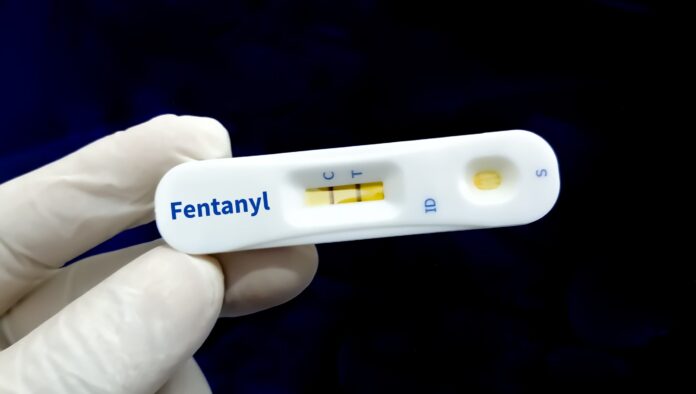Public Health

Should we be worried about the current COVID-19 variants? – UK Health Security Agency
As we enter autumn, rates of respiratory illnesses start to rise and people ask how the most common current lineages - or groups of...

Your guide to who’s eligible for the autumn 2025 flu vaccine – UK Health Security Agency
As we approach autumn, it's nearly time for people with certain long-term health conditions to be booked in for their free flu jab. Individuals...
Who’s eligible for the 2025 COVID-19 vaccine, or ‘Autumn Booster’? –...
When autumn comes, protection from any earlier COVID-19 vaccination you may have had will be starting to wane. For those who are more likely...
What the evidence says about interventions to reduce pollution and improve...
Breathing in polluted air affects our health, reduces our life expectancy, and costs our society billions of pounds each year. It is estimated that...
How to avoid rabies and what to do if you’re exposed...
Rabies is a rare but deadly viral infection that affects the brain and nervous system. Human cases of rabies are extremely rare in the...
A parent’s guide to summer infections and health hazards – UK...
As summer arrives, you’re likely to spend more time outdoors with your children. Lots of us love this time of year and it’s great...








